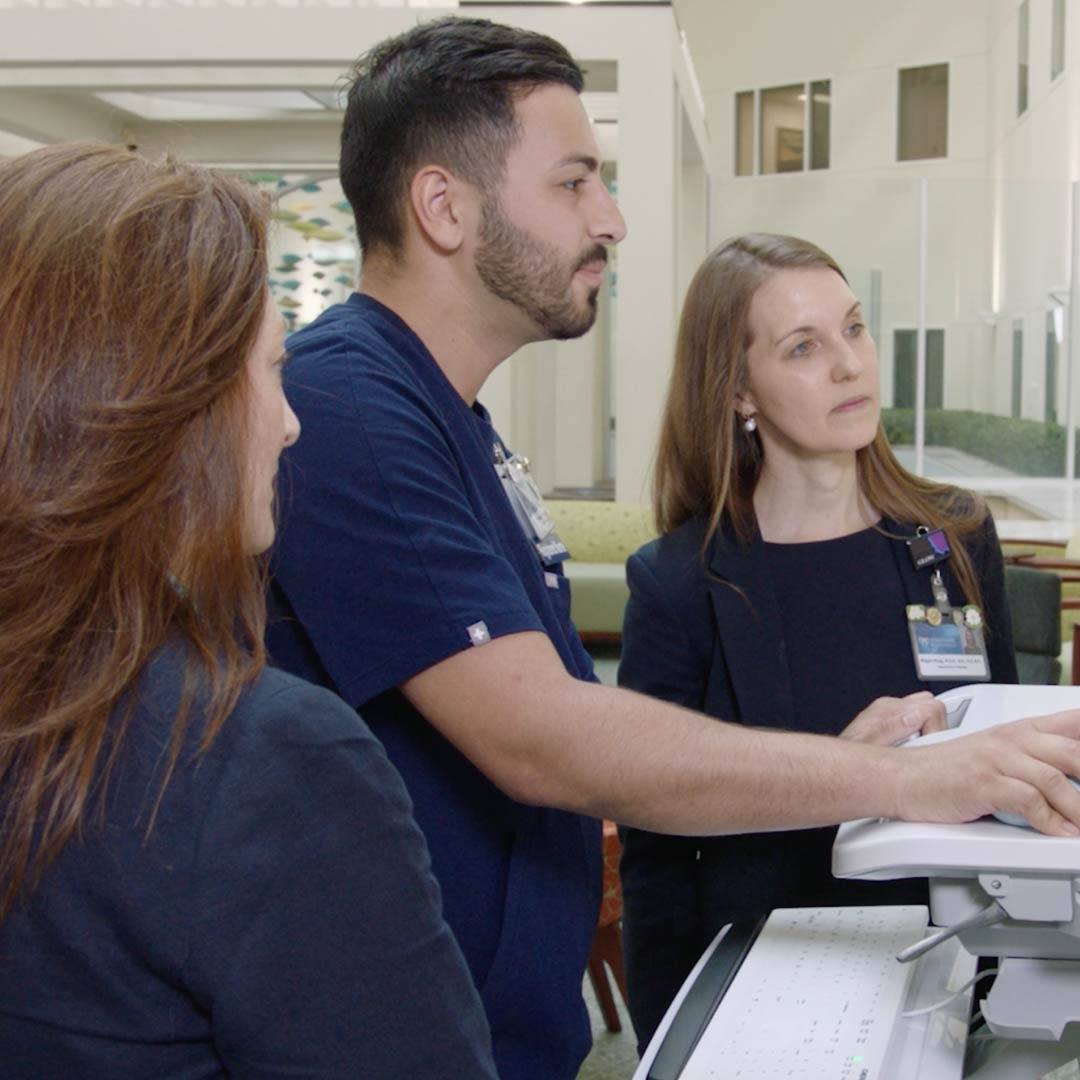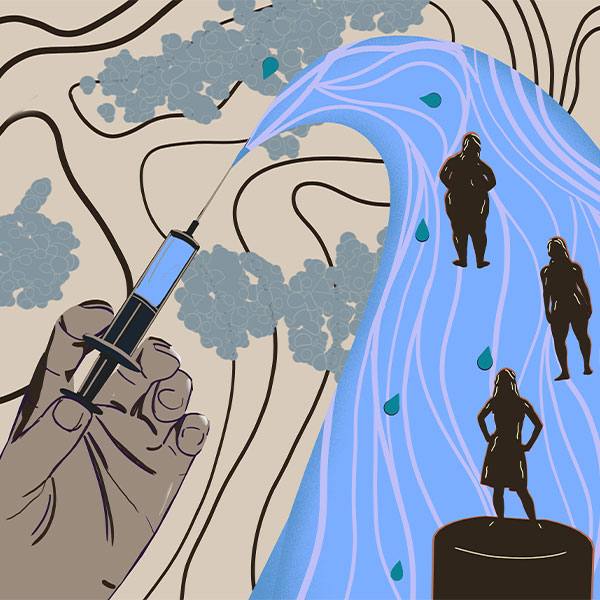-
Science Saturday: Hospice research to understand the process of dying and end-of-life care

Death, ultimately, is inevitable. It happens to everyone. But for patients at Mayo Clinic Health System in Mankato's Hospice Program, the process of dying is becoming more bearable for themselves and their families as a result of several research studies aimed at understanding more.
"We know Mayo Clinic is big on curing and healing patients by inventing new treatments and procedures, but the end of life is so important, and we cannot miss that," says chaplain and principal investigator Jacek Soroka, Ph.D. "Because we will all die. We will all go through it, and we need to have the same quality of care at the end of life as we do with other aspects of care."
The research studies, which focus on caregiver confidence, spiritual care, and end-of-life care involving the deactivation of a pacemaker, were conducted by Chaplain Soroka and Greg Kutcher, M.D., medical director of the hospice program in Mankato, as well as other members of the hospice team.
While each of the studies centers on a different aspect of hospice, they have a common goal.
"Even though it's the end of life, it's incredibly important for patients to have closure and resolution, and feel good about their life's story and what they're leaving with other people," Dr. Kutcher says. "We need to better understand how to do that."
Dr. Kutcher says studies show that if a loved one's dying process is handled poorly, it can have a lasting effect on those left behind.
"If it's handled well, it can be a positive thing in terms of creating a particular place in their heart for that person as they move forward," he says. "And we should not leave that to chance."
Read the rest of the article on the Advancing the Science blog.
______________________________________________
Other Mayo Clinic medical research websites:
- Research at Mayo Clinic
- Discovery’s Edge
- Advancing the Science
- Forefront
- Mayo Clinic Center for Individualized Medicine
- Center for Regenerative Medicine
- Center for the Science of Health Care Delivery
Related Articles






